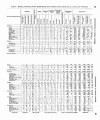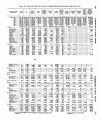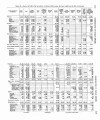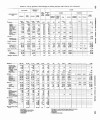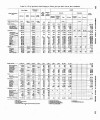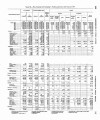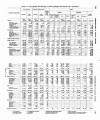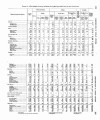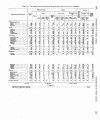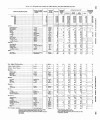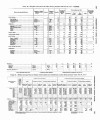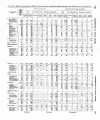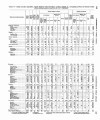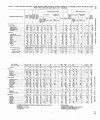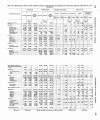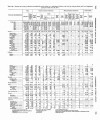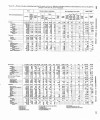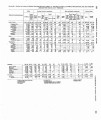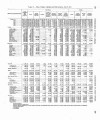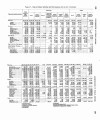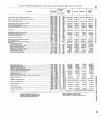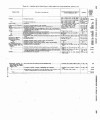| OCR Text |
Show COMMISSIONER OF INDIAN AFBAIRB. 57 provisions of the act of March 1, 1907 (34 Stat. L., 1015, 1034), pro-viding for the removal of restrictions from allotments held by addt mixed-blood Indians, was not decisive of the allottee's age for any purpose other than that of fixing his right to receive the full title freed from all the restrictions upon its disposal which Congress had imposed, and that after the issuance of the fee-simple patent the allottee became subject to and entitled to the benefits of the laws of the State, among which were those laws governing the transfer of real property, fixing the age of majority, and declaring the dis-ability of minors. Harnage et al. v. Martin et al. (9@ U. S., 386).-It was held in this case that a decision of the Secretary of the Interior that one of two contesting claimants to an allotment under section 11 of the Cherokee agreement of July 1, 1902 (32 Stat. L., 716), was the owner of improvements on the land, is conclusive, unless made without evidence to support it or otherwise the result of an error of law, and that of two applicants under section 11 of the Cherokee agreement, supra, the owner of the improvements on the tract in question is entitled to the allotment to the exclusion of the applicant having no such ownership in such improvements. G. E. Cannon, plainti$ in error, v. D. R. J o h o n and Wilburn Wove (decided by United States Supreme Court Mar. 6, 1917).-It was held in this case that the restrictions imposed by sections 15 and 16 of the supplemental agreement between the United States and the Choctaw and Chickasaw Indians, approved July 1, 1902 (32 Stat. L., 641), were intended by Congress to bind the surplus lands during the restrictive periods, whether in the hands of the original allottee during his lifetime or of his heirs after the decease of the original allottee; and that the restriction was upon the aliena-tion of the lands as such, and not merely personal as to the allottee. United. States v. Lucky S. Waller and Mamie S. WnWer (decided by the Supreme Court of the United Stat- on Apr. 9, 1917).-In this case it was held that where conveyances by adult mixed-blood Chip-pewa Indians of their patented allotments were made after the adop-tion of the acts of June 21, 1906 (34 Stat. L., 325, 353), and March 1, 1907 (34 Stat. L., 1015, 1034), which removed restrictions from sale or encumbrance, that the United States was without capacity to bring suit on behalf of the Indian grantors to set the sale aside because of fraud of the grantees and the incapacity of the grantors. United States, plaintif in error, v. James F. Rowel2 et al. (decided by the United States Supreme Court Apr. 9, 1917).-It was held in this case that the provisions of the act of June 17, 1910 (36 Stat. L., 533), authorizing and directing the Secretary of the Interior to issue a patent in fee to a quarter section in an Indian school reserve in Comanche County, Okla., to James F. Rowell, who was an adopted |






















































































